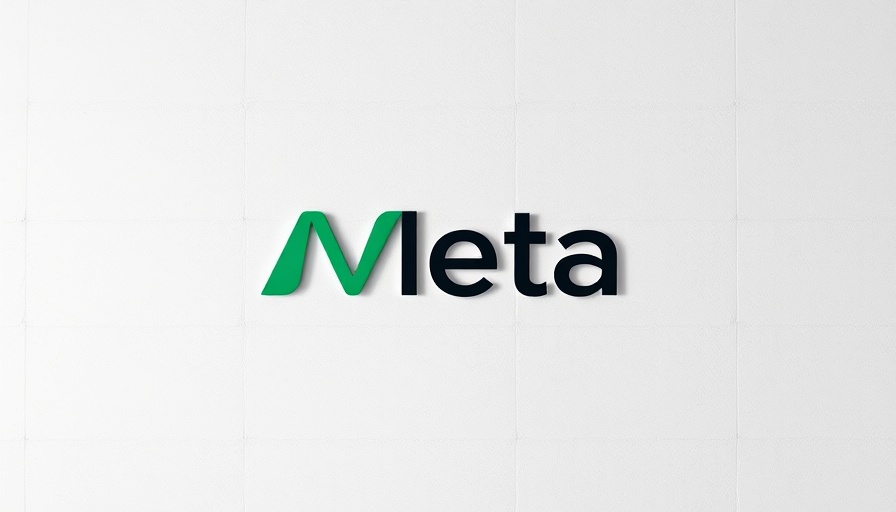
Meta's Landmark Case: What It Means for AI and Copyright
Meta recently celebrated a significant victory when a federal judge ruled that it had not violated copyright laws while training its AI on the works of 13 authors, including well-known figures like Sarah Silverman. Judge Vince Chhabria concluded that the authors failed to provide adequate evidence that Meta's use of their writings caused financial harm. This ruling is a beacon in the ongoing conversation about copyright as it relates to artificial intelligence—a discussion that is becoming increasingly relevant.
The Legal Landscape Shifting Under AI's Growth
As AI technologies continue to evolve, cases like Kadrey v. Meta highlight a crucial question: How do we balance innovation with the protection of intellectual property? The court's focus on market harm versus transformative use raises many eyebrows. The ruling emphasizes that a financial impact must be evident for copyright infringement claims to hold water. This landmark decision might serve as a precedent for the future of AI in a landscape where dozens of similar lawsuits are also in motion.
What Others Are Saying: Diverse Views on Fair Use
Experts are divided on how this ruling will influence future cases. Legal scholar James Grimmelmann pointed out how Judge Chhabria's emphasis differed from another recent judgment involving Anthropic, where market dilution was less prioritized. This contrast leaves room for various interpretations of fair use in the tech realm. As discussions around AI become part of the mainstream discourse, the emphasis on protecting authors' rights while enabling technological advancements is crucial.
Looking Ahead: The Future of AI and Copyright
The ruling undoubtedly opens doors but leaves questions unanswered. As Meta and similar companies look for ways to expand their AI capabilities, how will they respect the rights of original content creators? This case serves as a reminder that while technology propels us forward, it's essential to consider the implications of that progress on individuals and their livelihoods. Intellectual property rights will need to adapt to accommodate the rapidly changing technological landscape.
Call to Action: Join the Conversation
As we delve deeper into these legal matters, it's important to engage with ongoing discussions about AI's role in our society. Follow updates on this topic, and consider how technological advancements can coincide with respect for creativity and innovation. What are your thoughts on the future of AI and copyright? Join the conversation and stay informed!
 Add Row
Add Row  Add
Add 




Write A Comment